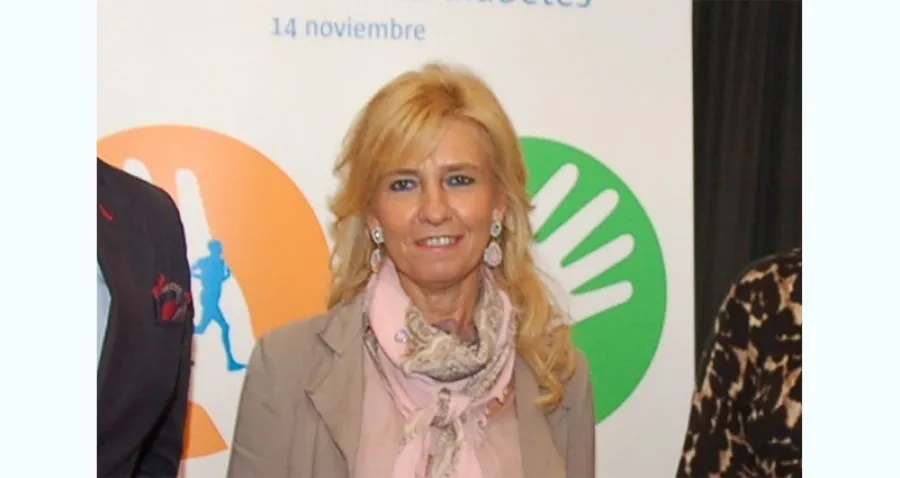Marta Monreal (Endocrine): "In diabetes, we must still learn to use social networks to reach the patient with touch."
The celebration of World Diabetes Day, which was established by the International Diabetes Federation and the World Health Organization (WHO) in 1991, is one of the most worldwide impact campaigns.
In 2007 the United Nations celebrated for the first time this day when checking the alarming increase of people who have diabetes in the world.This year, Zaragoza has been the city chosen to centralize the acts of the commemoration of World Diabetes Day in Spain and, for a few days, has monopolized the attention of all social networks.
The appointment has been used to "promote actions that foster healthy lifestyle habits among younger patients and to raise awareness of the general population about the importance of regular physical exercise and the abandonment of toxic habits."
This has been explained by Marta Monreal, president of the Aragonese Society of Endocrinology and Nutrition and organizer of the event held in Zaragoza, in an interview issued digitally healthy, with the collaboration of Sanofi.
The Endocrine of the Miguel Servet University Hospital in Zaragoza explains that in the work of informing society about the program of events that had been scheduled around World Diabetes Day, the use of social networks has been key.
"Endocrine still have much to learn about the use of these tools, about how to reach the patient with touch," he says;However, he acknowledges that this is no excuse for not using them: “We have had the collaboration of Sanofi Campus to promote social networks that contained information about World Day.You have to see the results that are achieved when you can resort to people who know the subject! ”
Marta Monreal emphasizes that another key strategy has been to bring diabetes to schoolchildren.“In prevention campaigns are made, but I think we always fall short and that we have to start focusing on children and adolescents to learn to normalize the disease of their classmates with diabetes and to acquire healthy lifestyle habits that help themto prevent disease in the future, ”he explains."Letting students know that we are there and that they can resort to us when they want is a great tactic for prevention," he adds.
The expert recalls that the struggle of patients with diabetes "is day to day" and refuses to allow "eschatime in efforts in prevention and knowledge in such a frequent disease and with such comorbidity."To ensure that this does not happen asks for the involvement of the whole society: "It has to come from all levels and insist on the little ones."


